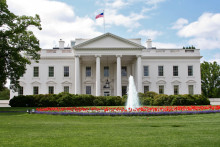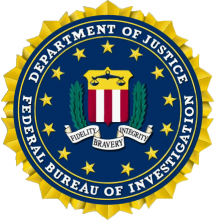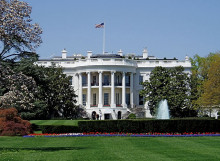Redirect flaw on .gov sites leaves open door for phishers
At least 20,000 users have fallen victim to a spam campaign that uses shortened links to legitimate government sites to carry out a hoax.
In the scams, users receive emails containing “1.usa.gov” short links and are redirected twice upon clicking -- first, immediately past a legitimate government site, then, to websites that look like CNBC news articles touting “$4,000 a month” home-based business opportunities.













































































